I land six weeks after the Israeli elections and only a few days ahead of the British ones. Jerusalem’s political class is still frantically negotiating the formation of a coalition, something the neighbours don’t need to trouble themselves with much around here. The Australia/Israel & Jewish Affairs Council sets a cracking pace. Up before the sun and to bed well after it, it’s a five day agenda of briefings and visits curated to unashamedly express the Israeli world view.
Mark Regev is a face well known. The Melbourne born Israeli prime ministerial spokesperson is a cross between Lynton Crosby and Billy Graham. He knows his brief and you better believe he believes it. Mark explains how Iran is a threat exceeding that of Isis; the new and improved Iran still won’t allow inspections of its military facilities; Israel’s US relationship continues to be the one that matters, recent events notwithstanding.We visit the Abu Ghosh mosque. These are the moderates, advocating a two state solution and a negotiated division of Jerusalem. I am assured there are women here too, somewhere.
Yad Vashem is the Jewish people’s memorial to the worst of their past, the Holocaust. Our guide’s two siblings live in Australia – everyone is connected to Australia. This is a horrible and wonderful place, and there quickly comes a point when I am relieved I need to step outside for a telephone conference with the Treasurer.
Next, Bethlehem, home to the world’s largest religion and today, an ocean of visitors. I ask whether we’ve arrived during peak season; ‘it’s always peak season.’ The Gush Etzion settlement shares one thing in common with all of the other settlements. ‘There’s a reason they’re all on the high ground,’ offers a former military officer and member of the delegation. Controversial they are but the Israelis haven’t added a single new one in more than a decade and they would surrender many of them under a negotiated peace plan.
There would be few vocations bearing less fruit than that of official Israeli government negotiator. Another Australian, whose name I won’t impart, he speaks about negotiating in a region where a ‘win-win’ outcome has an altogether different meaning than yours and mine. You see, in the Middle East ‘win-win’ means ‘I win twice’. His pragmatism is evident when he concedes parts of Jerusalem might need to be turned over to international custody, but the problem the negotiator and his countrymen face and that no level of pragmatism will negate is that no Palestinian leader wants to be remembered as the guy who struck peace with the Jews. Snapped back to my own world momentarily by a media interview about wine policy, then we borrow some Australian consulate vehicles (the variety with 100KG doors) for a short drive to a place that couldn’t be further away: Ramallah. A leader of the Palestinian opposition, Mustafa Barghouti, meets us here. 650,000 illegal settlers and 625 military checkpoints dotted along the wall, he says. To add to the confusion, it’s also a community divided into three separate legal jurisdictions. There hasn’t been an election called since 2006 because the governing party knows it is too unpopular to be returned. Old men, old prejudices, old parties. Depressing.
It’s 60kms west but 100 years onwards to Tel Aviv. Here lies the Interdisciplinary Centre, a private, non-profit college founded by notable jurist and former politician Uriel Reichman. With Jewish, Christian and Muslim students, it’s a brains-trust in the tradition that has produced a country with the highest proportion of degree qualified citizens and the most technology start-ups per capita in the world. It’s dinner, thankfully, then a whiskey on the rocks at Shlomo Lahat Promenade. I need it.
Being less than 1km from Gaza at its closest point, Sderot is the bomb shelter capital of the world. Hamas and Islamic Jihad can fire Qassam rockets at this place several times per day. That they’ve only killed 13 is a testament to the government’s defensive counter-measures. In Sderot every single home has a bomb shelter but bomb shelters haven’t much helped the reported 75 per cent of residents with some level of post-traumatic stress. The horizon is filled with cranes which are doing more than construction work. They send a signal across the border: we’re here to stay. I join Dave Sharma and his family in Tel Aviv for drinks and seek his counsel on many of the things I’ve heard from generally partisan sources. He’s Australia’s youngest ever ambassador and an excellent sounding board. Next day, at Ziv Hospital in Israel’s north, another Australian; a paediatrician spending his days fixing Syrians from the civil war. An investment in hearts and minds that will pay off when his patients stop to consider, despite the fashionable hatred for the Jews, who helped them when they needed it.
Homeward bound and a 16 hour journey punctuated by four in the Hong Kong lounge. Here we learn of good news from Britain and bad news from home: Cameron gets to govern outright; in Melbourne yet another would-be jihadist stopped in the nick of time. In a sense the tour didn’t teach me anything I didn’t already know: after two thousand years in limbo, these people now have their land and will give it up for no one. The value in traveling to Israel, in visiting Gaza, in going to Sderot, Bethlehem and Ramallah was as it often is in politics: seeing things for yourself. No number of experts, lobbyists, reports or inquiries quite compares to that.
Got something to add? Join the discussion and comment below.
Get 10 issues for just $10
Subscribe to The Spectator Australia today for the next 10 magazine issues, plus full online access, for just $10.
Sean Edwards is a Liberal Senator for South Australia
You might disagree with half of it, but you’ll enjoy reading all of it. Try your first month for free, then just $2 a week for the remainder of your first year.

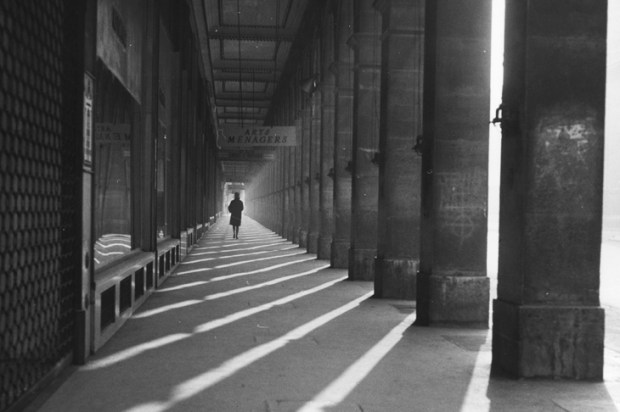
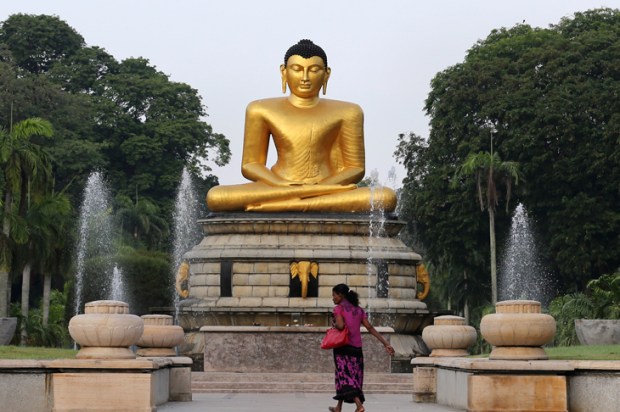
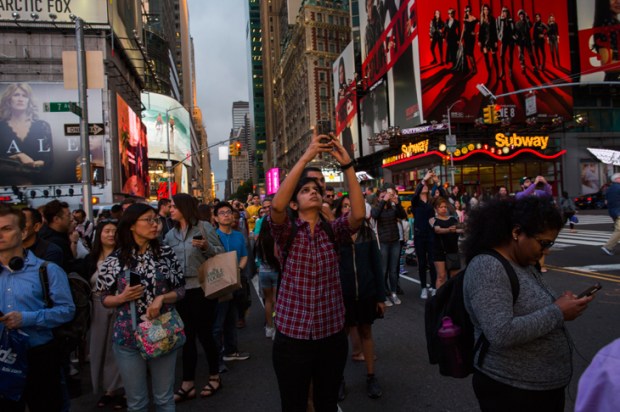
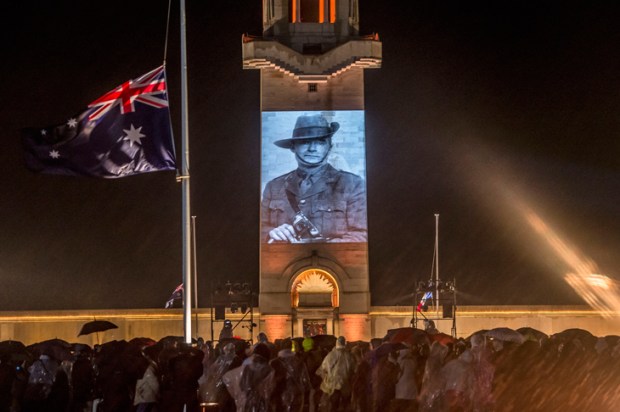
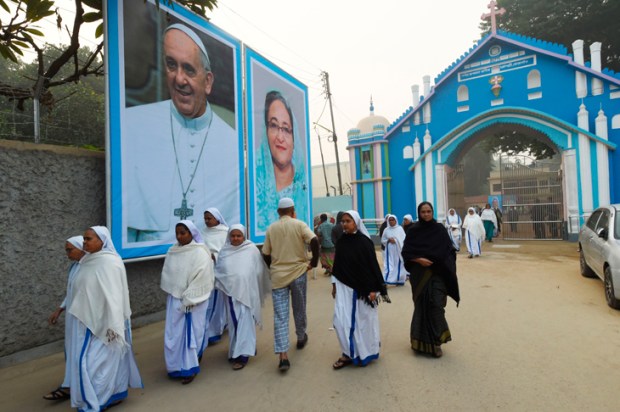
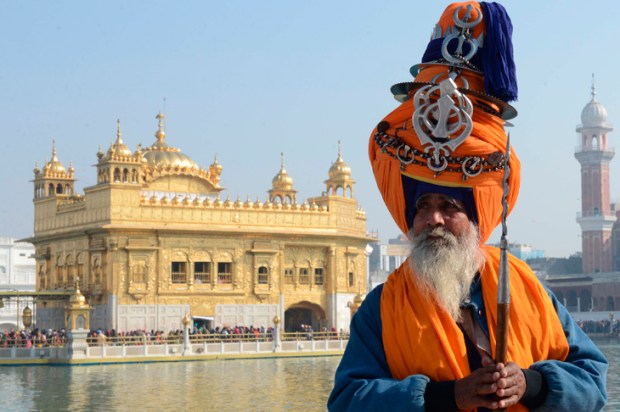






Comments
Don't miss out
Join the conversation with other Spectator Australia readers. Subscribe to leave a comment.
SUBSCRIBEAlready a subscriber? Log in